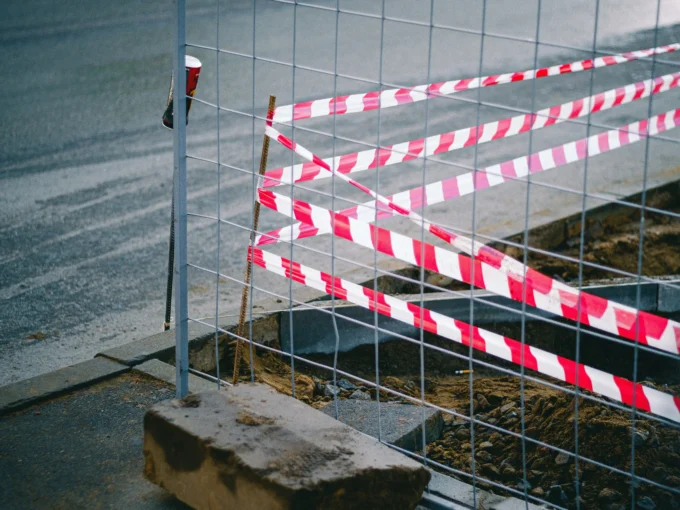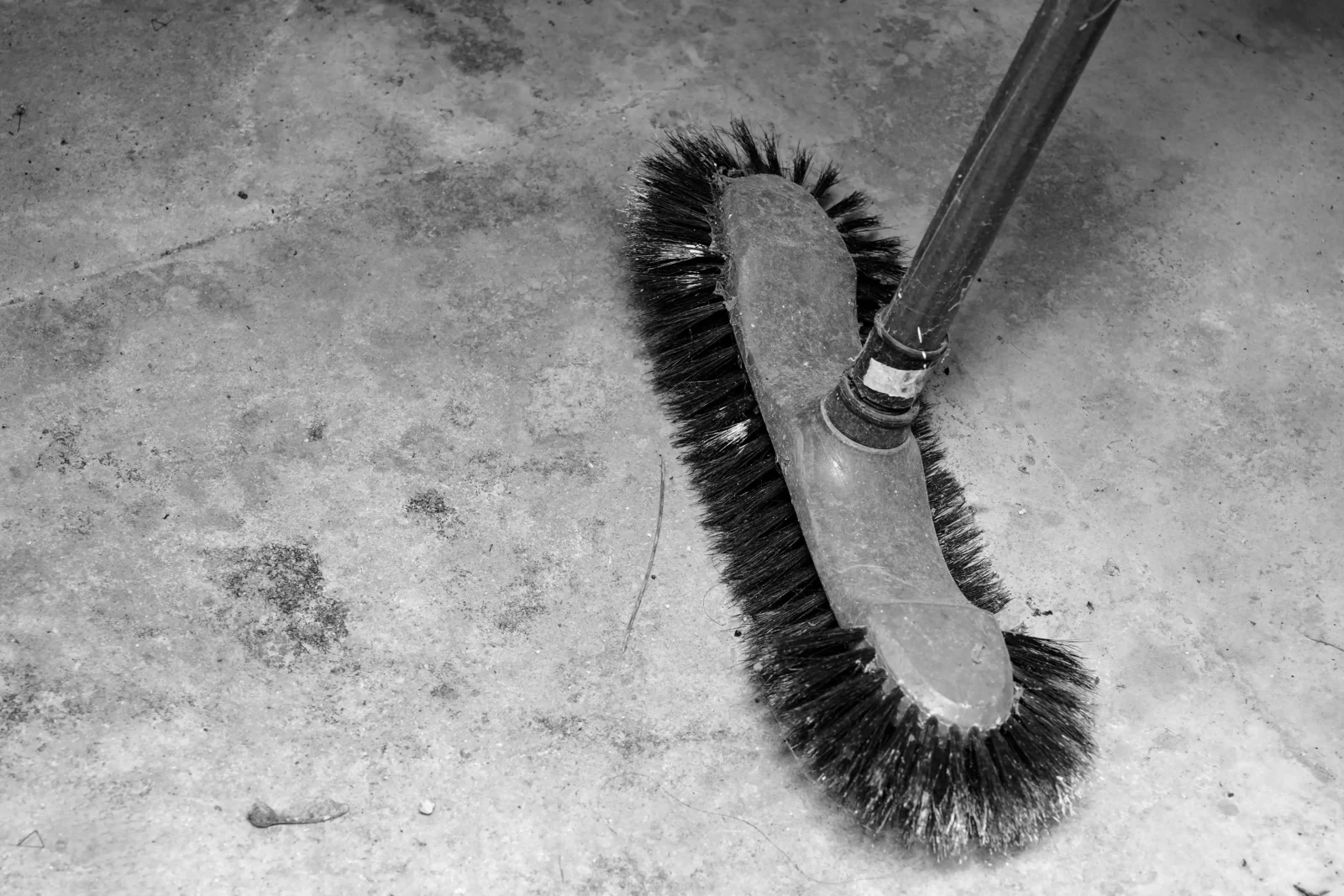- Home
- Articles
- Architectural Portfolio
- Architectral Presentation
- Inspirational Stories
- Architecture News
- Visualization
- BIM Industry
- Facade Design
- Parametric Design
- Career
- Landscape Architecture
- Construction
- Artificial Intelligence
- Sketching
- Design Softwares
- Diagrams
- Writing
- Architectural Tips
- Sustainability
- Courses
- Concept
- Technology
- History & Heritage
- Future of Architecture
- Guides & How-To
- Art & Culture
- Projects
- Interior Design
- Competitions
- Jobs
- Store
- Tools
- More
- Home
- Articles
- Architectural Portfolio
- Architectral Presentation
- Inspirational Stories
- Architecture News
- Visualization
- BIM Industry
- Facade Design
- Parametric Design
- Career
- Landscape Architecture
- Construction
- Artificial Intelligence
- Sketching
- Design Softwares
- Diagrams
- Writing
- Architectural Tips
- Sustainability
- Courses
- Concept
- Technology
- History & Heritage
- Future of Architecture
- Guides & How-To
- Art & Culture
- Projects
- Interior Design
- Competitions
- Jobs
- Store
- Tools
- More
Pressure Rising: How Propane Distributors Can Prepare for Safety Audits and Regulatory Shifts

Let’s face it — running a propane distribution business isn’t what it used to be.
Sure, the job still involves transporting fuel, managing tank refills, and keeping homes, farms, and businesses running. But with regulations tightening, safety audits becoming more demanding, and public scrutiny rising, the propane industry is feeling the heat like never before.
One small mistake — a missed inspection, a leaking valve, an undertrained driver — can trigger not only penalties and delays but also lawsuits and reputational fallout. And in this climate, good intentions and basic safety protocols just aren’t enough anymore.
So, what’s the smart move? How can propane distributors stay prepared, compliant, and confident, no matter what shifts come their way?
The answer lies in a mix of proactive planning, cultural commitment to safety, and smart risk protection — especially through propane .
Let’s break it down.
Table of Contents
ToggleWhy Safety Audits Are Tougher Than Ever
If you’ve had a visit from a regulator lately, you already know — they’re not just ticking boxes. Today’s audits are deeper, broader, and more unforgiving. Agencies like OSHA, PHMSA, and the DOT are cracking down harder, and their expectations have evolved.

Here’s what they’re looking at now:
- Tank and truck conditions — from valve integrity to emergency shutoffs
- Employee training records — how recently your staff practiced emergency drills
- Hazardous material documentation — including accurate SDS access and transport logs
- Environmental safety measures — especially for storage near schools, homes, or water sources
A single red flag during any of these checks can slow down your operation or trigger steep penalties. In some cases, they may even revoke your ability to deliver until compliance is restored.
And with new environmental regulations and alternative energy incentives coming in, expect even more scrutiny ahead.
Beyond Compliance: What You Really Risk Without Protection
Let’s be real — even if you follow every rule to the letter, accidents happen.
Maybe a hose ruptures during a delivery. Maybe your driver clips a parked vehicle while pulling into a tight driveway. Maybe a residential tank develops a leak, and someone gets hurt.
When these things happen, they don’t just cost you in repairs or apologies — they can lead to:
- Costly lawsuits
- Environmental damage fines
- Lost client trust
- Long-term reputation damage
- Insurance hikes — or worse, cancellation
That’s why having propane insurance isn’t just about satisfying a line item on a compliance checklist — it’s about keeping your business alive when things go sideways.
What Is Propane Why Is It Essential?
Propane is specialized coverage designed for the unique risks propane distributors face. It doesn’t just protect your assets — it helps you operate with confidence in a high-liability environment.
Here’s what a comprehensive propane insurance policy typically includes:
General Liability
For third-party claims of injury or property damage — like a customer slipping near a tank or a fire caused during a refill.
Commercial Auto Insurance
Your trucks aren’t just vehicles — they’re moving fuel tanks. This policy covers accidents, damage, and liability while on the road.
Pollution Liability Coverage
If a spill contaminates land or groundwater, you’ll need this to cover cleanup and regulatory fines.

Workers’ Compensation
Protects your team if they’re injured on the job — whether it’s a fall, burn, or equipment malfunction.
Property and Equipment Coverage
Safeguards your storage sites, tanks, and filling stations from fire, vandalism, or weather damage.
Umbrella Insurance
For when a claim exceeds your standard limits — crucial in an industry where disasters can escalate quickly.
Having propane insurance helps with being thoroughly prepared — because in this line of work, the stakes are simply too high to gamble.
How to Get Ahead of Safety Audits (and Sleep Better at Night)
Getting audited doesn’t have to feel like facing a firing squad. If you put in the work beforehand, you can pass inspections smoothly — and even impress regulators.
Here’s how:
1. Make Safety a Daily Habit, Not a Drill
Regular training, spot checks, and internal walk-throughs keep your team ready. Safety shouldn’t be a quarterly panic session — it should be part of how you operate every day.
2. Digitize Your Documentation
Paper logs are risky. One lost form and your audit could derail. Use digital tools to track inspections, delivery logs, permits, and employee certifications. Keep everything organized and accessible.
3. Run Your Own Internal Audits
Do mock inspections. Hire a third-party expert if needed. The goal isn’t to pass your own test — it’s to reveal weak spots before regulators do.
4. Build a Relationship with Your Insurer
A good propane insurance provider doesn’t just offer coverage — they offer guidance. Many will help you identify risk areas, train staff, and even prep for audits. Don’t treat them like a vendor — treat them like a partner.
A Final Word: In Propane, Pressure Is Inevitable — But Risk Doesn’t Have to Be
You can’t eliminate pressure from propane — it’s literally in the job description. But what you can do is eliminate the stress of not being prepared.
Because let’s be honest: in this business, there are no second chances after a serious accident or regulatory breach.
So if your team is still relying on “standard procedures” or outdated checklists — or worse, operating without specialized insurance — it’s time to rethink your strategy.
Ready to Strengthen Your Propane Business?
Now’s the time to audit your own protections — before someone else does it for you.
Talk to a propane insurance expert today to:
- Review your coverage gaps
- Align your policies with current regulations
- Build a defense plan that keeps you moving forward, no matter what’s changing
Because in an industry where pressure is constant, being protected is the only way to stay in control.
illustrarch is your daily dose of architecture. Leading community designed for all lovers of illustration and #drawing.
Submit your architectural projects
Follow these steps for submission your project. Submission FormLatest Posts
Management Best Practices for Business Facilities
The places where a business operates are more than just buildings; they...
Top 10 Examples of Innovative Kinetic Architecture
Kinetic architecture introduces movement and adaptability into the built environment through rotating...
What Are the Benefits of Regular Gutter Cleaning?
After a hard rain, water can spill over a gutter corner and...
How to Buy Your Dream Home for Beginners
Buying your first home can be exciting but also overwhelming. It’s a...












Leave a comment